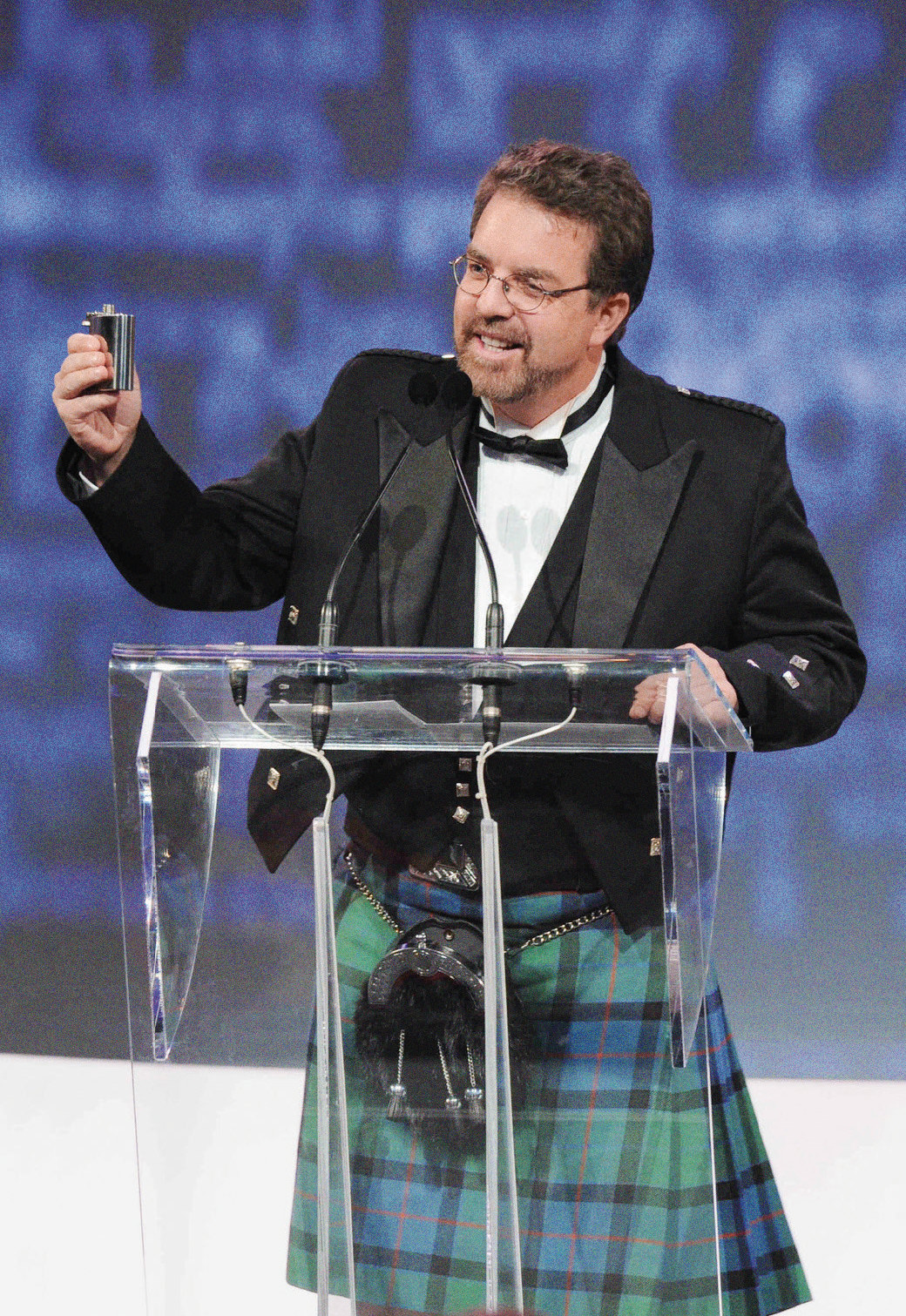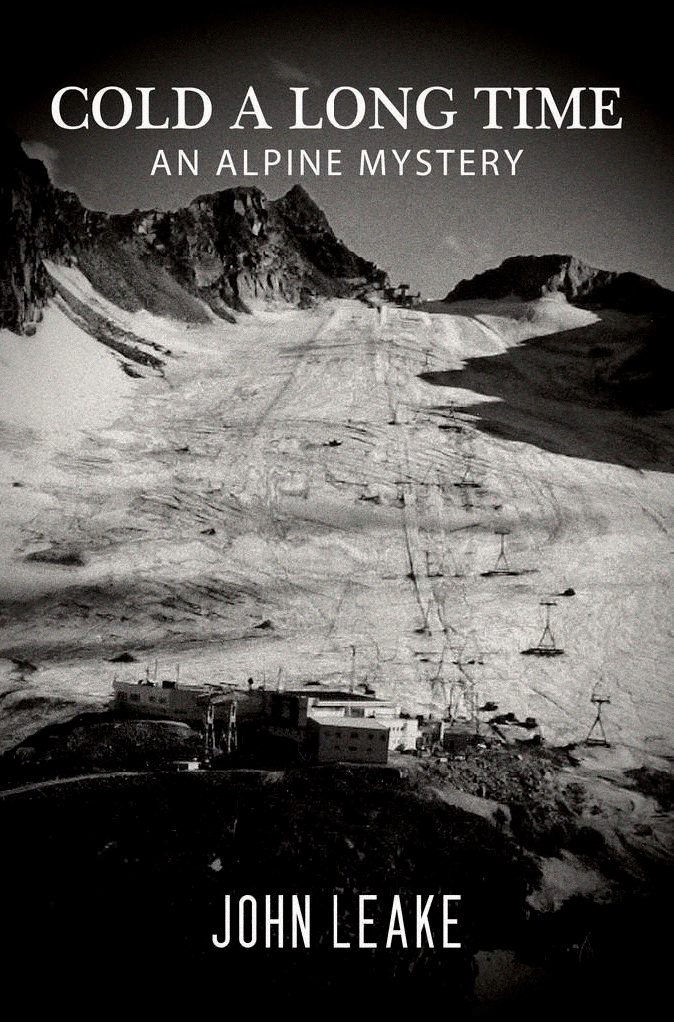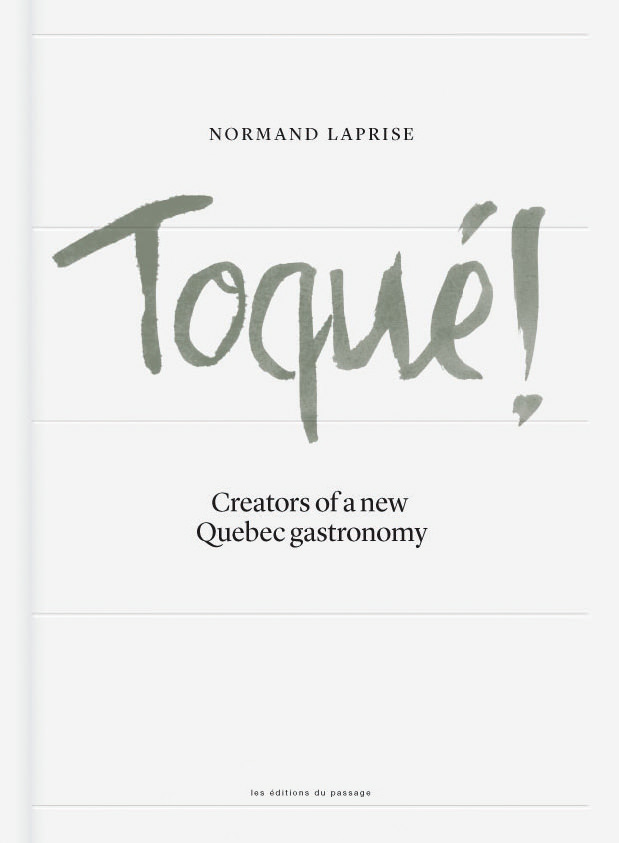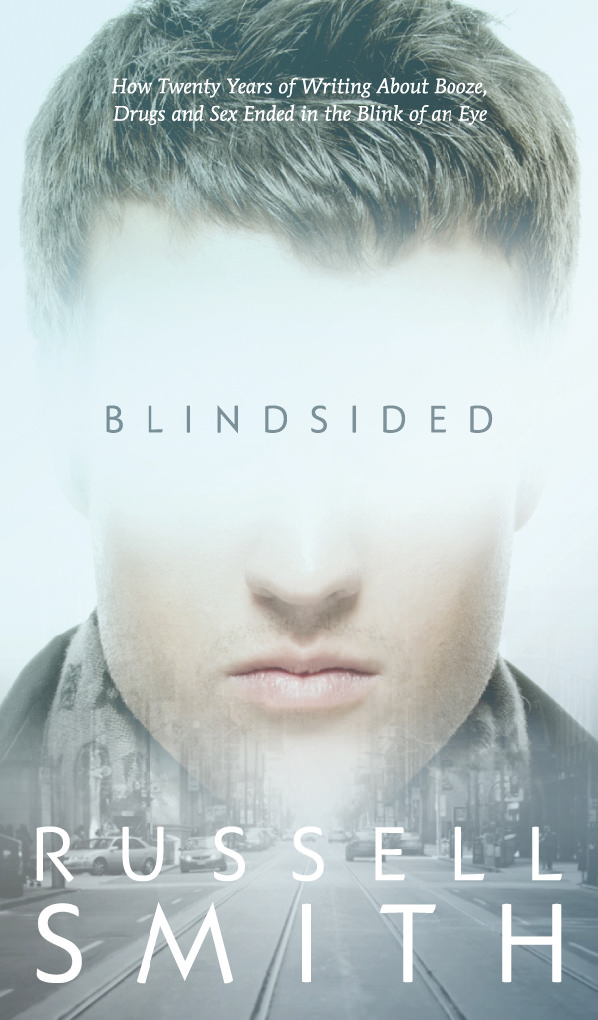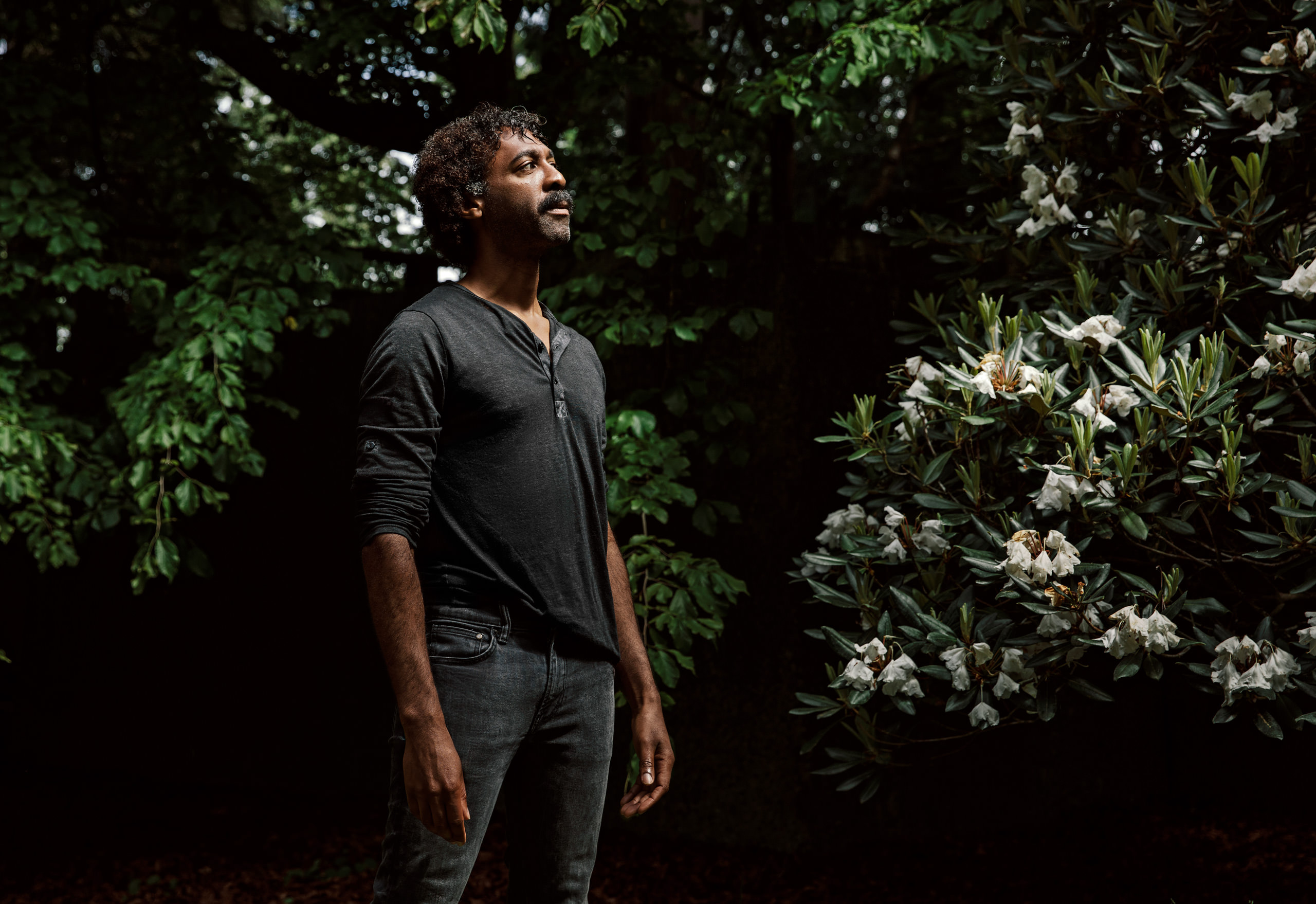
Ian Williams Is Changing the Rules of the Canadian Novel
A flood of the present.
“Reproduction behaves like the Black kid in class that is not paying attention. The one that’s disruptive, the troublemaker,” says Ian Williams, the Vancouver-based writer and UBC poetry professor, of his 2019 novel which was awarded that year’s Giller Prize—one of the highest honours in Canadian letters. “It’s not that it’s behaving badly, but it’s calling into question the kind of codes that we have created around appropriate behaviour or appropriate storytelling.” For Williams, winning the Giller marks a movement forward in Canadian literature, where “some voice or some attention is given to the unruly, difficult child.”
Toronto-raised Williams’ sagacious smile shifts toward tenderness when he talks about his life after the Giller Prize, saying that he is still writing on his normal schedule. Some writers who gain renown from their first novel often find themselves paralyzed, but not Williams. “It’s time to swing freely on the next one,” he says.
Like fellow Trinidadian Canadian writer Dionne Brand, Williams moves seamlessly between different forms and styles, and says that he has always had an intuition about what will be poetry and what will be prose. He relates this intuition through metaphor, a heuristic habit that Williams wields freely and with skill: ideas come to him with metadata attached, which means that, when something he wants to write about pops into his head, it is already programmed, in a sense, with its destiny as either poem or prose. The ideas are born in his mind already carrying their destiny; they can only be one or the other.
The certainty with which Williams uses metaphors to describe his own thought processes reveals his utter commitment to the tasks of planning and of writing. The “unruliness” of the novel and of the writer comes through in the complexity of family, race, and gender manifested in the characters of Reproduction, a challenging novel full of lyric and life. And at times it seems like the novel’s craft is the only way that such fluid, unruly themes could be handled.
Reproduction takes place in Toronto, a diverse place filled with anxious and hopeful newcomers. Following a chance meeting over their dying mothers in a hospital room, Felicia, a Black woman from a mysteriously unrevealed island nation, and Edgar, a white German executive, strike up a conversation that leads to a relationship that reverberates across the 50-year span of the book.
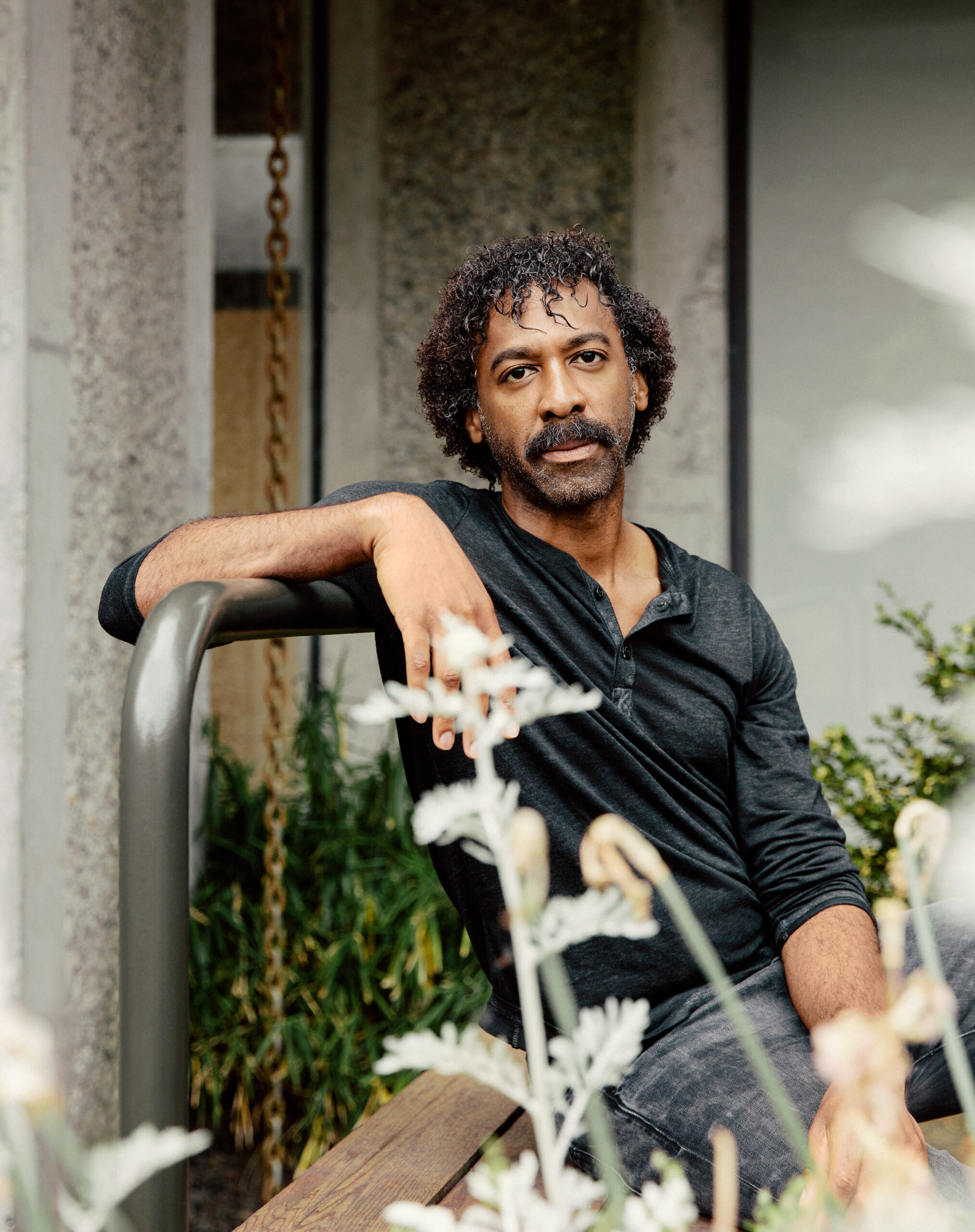
Williams has a sharp sense of the beauty found in the messiness of modern life and an ability to draw out genealogies from his interlocutors (while talking, I found myself spelling out my own sprawling family history without even realizing it). It’s difficult to not see parts of your own world in the modern vortex of feeling and family painted in Reproduction. This squares with Williams’ desire for people to do more than just read, but to actually participate. “Some secrets will remain secrets,” he says, “both for the characters and then for the readers. I think that’s a kind of gesture for co-operation. It’s like me saying to the reader, ‘I don’t need to tell you everything about this book. I trust you.’ ” This trust itself feels familial, as do the relationships with books that Williams envisions.
His call to participate is evident, too, in the much-lauded experimental form of Reproduction. The novel is split into increasingly complex sections, sometimes featuring only disjointed parts of phone conversations. Before the end, where the initial conversation between Edgar and Felicia comes back as a cancer on the text (written as superscript and subscript that cut up the narrative), the reader must literally read between the lines. “It’s disrupting how a conventional novel behaves,” he says, “and it’s actually expanding it. The growths are more material, more substance, more possibility for what a novel can do.”
“It’s disrupting how a conventional novel behaves, and it’s actually expanding it. The growths are more material, more substance, more possibility for what a novel can do.”
—Ian Williams
Williams spent nearly seven years working on the book, and the drafts numbered at least 12 high by the time he was done. The focus on structure and the unusually stylistic choices indicate a concern with the craft of the book as a whole. His experience as a poet has left him with a keen sense of how words look on the page: “I have ideas about design of everything,” he laughs when asked about the artistic rendering of a family tree on the dedication page. Everything from the plot structure to the layouts is meticulous, an attribute he ascribes to the discipline gained through completing a PhD at the University of Toronto. “There’s that sort of military approach to things,” he says, “and then there’s this kind of playfulness about bringing new life into a project.” The injection of an unwavering humanity into a meticulous framework seems the best way to approach Reproduction, the diverse cast of characters giving the structure its emotional tenor through voice, like players giving life to sheet music:
“I needed a voice that could sort of move between, like, very street language, very playful language, to a kind of neutral register to a kind of meditative or mathematical or abstract register, too. So it’s a voice, but a voice that could sing from a low C all the way up to a Mariah Carey E.”
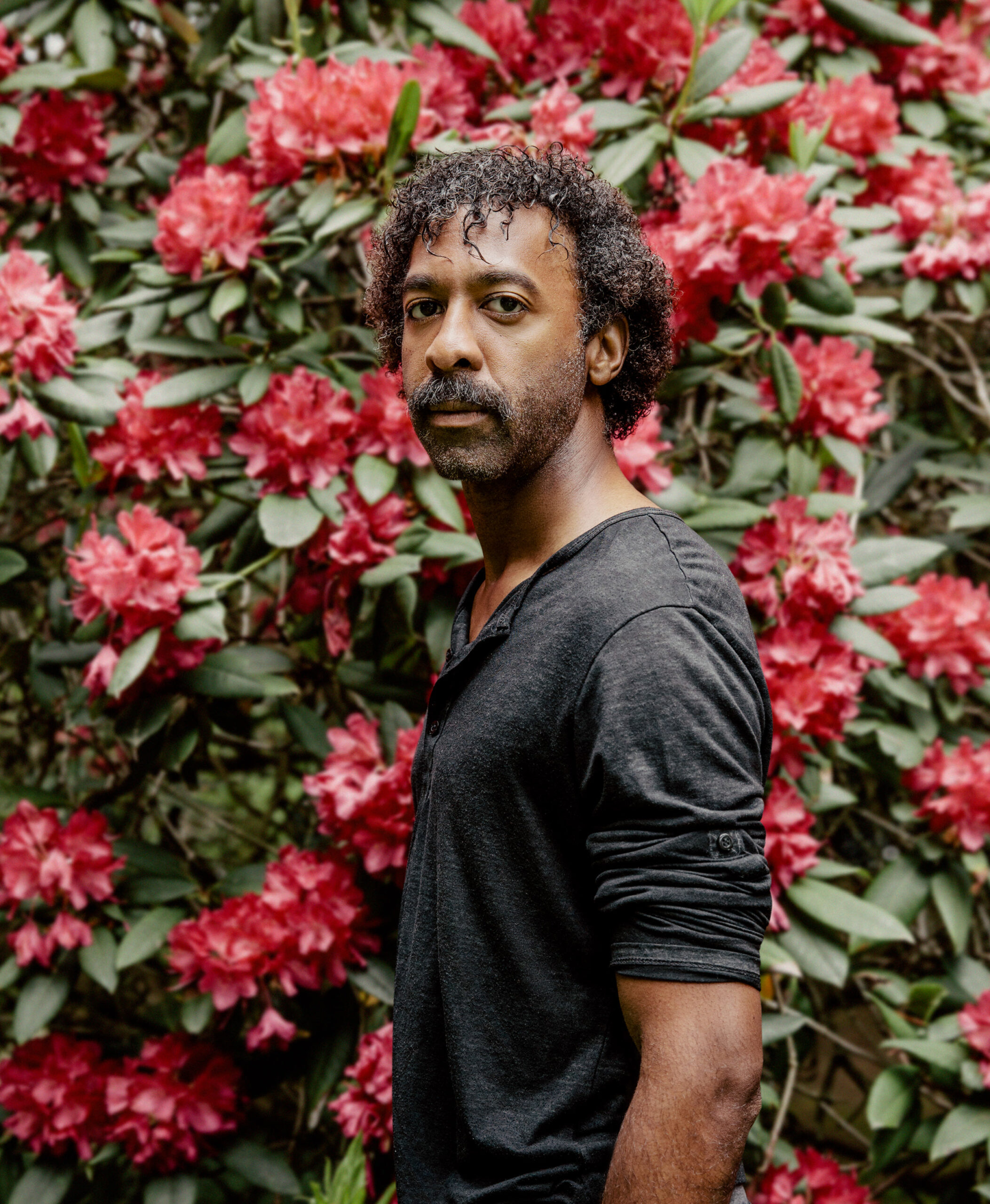
Range seems necessary when addressing the breadth of issues Reproduction covers. Even in conversation, Williams moves between the highly theoretical and the personal, at times taking the work very seriously and at others laughing, scrunching his eyes in humour as if everyone is in on the same joke. His range allows him to analyze through fictionalization the different psyches, points of view, and lives of people in Toronto, to put them in the same room and see what happens. The results can be grim, showing the negative consequences of racial divisions, but also hopeful, in the deeds of faith and friendship enacted across lines of class and race. He insists that being honest about difficult themes in contemporary society isn’t something that someone should choose to cover, but rather that it is a necessity for the contemporary writer to be honest about these things.
“To err on generosity with people who have been either misrepresented or inadequately represented or represented too little in literature, and then to make visible all of the features of whiteness that have not historically been visible, I feel like that’s the racial project,” he says, demonstrating the in-the-moment nature of a novel—and showing that this moment is long overdue, as the story stretches back to the 1970s.
Williams is concerned with social honesty expressed through immaculate craft. In a time when many novels try to jockey for the hippest or most woke, Williams deals with the messy ambiguities, which is why a family is the perfect vehicle. Families are messy, as is the present, and are often full of moral and political ambiguities. “I’m flooding the novel with the present,” he says. This flood is one of relief as well as difficulty. One of the primary virtues of the novel, and of talking with Williams, is that there is an unwillingness to preach. Complex situations are laid out, questions are asked, and reflections materialized, but at no point does the novel wag a finger, even at the more unscrupulous characters.
In this way, the nature of his subject matter compounded with the popularity of his work signal a socio-cultural openness to themes that may have been typically ignored. But Williams isn’t satisfied talking abstractly about these issues; he shows them in technicolor lives on the page, often mingling instances of pop culture and technology with emotional drama. In his poetry collection, You Know Who You Are, Williams dwells on themes of social alienation and technology alongside references to the Huxtables and Law & Order.
Handling the complex issues of contemporary technology and discussions of race and family is no easy task, especially for a first novel. But the novel’s form and Williams’ attention to detail allow the reader to come to their own conclusions and emotional investments. And this is why he writes them. Williams has hope for the novel form, though he believes we have yet to be as imaginative with it as we could be. “If you want to tell your story in this very narrow way, that’s your call, but I don’t need to.” It’s not losing ground to film or music, he insists, “because it’s as adaptable as cancer is. It will just keep morphing and adopting and adapting and dying and remaining alive in its reproductions or its perpetuations.”
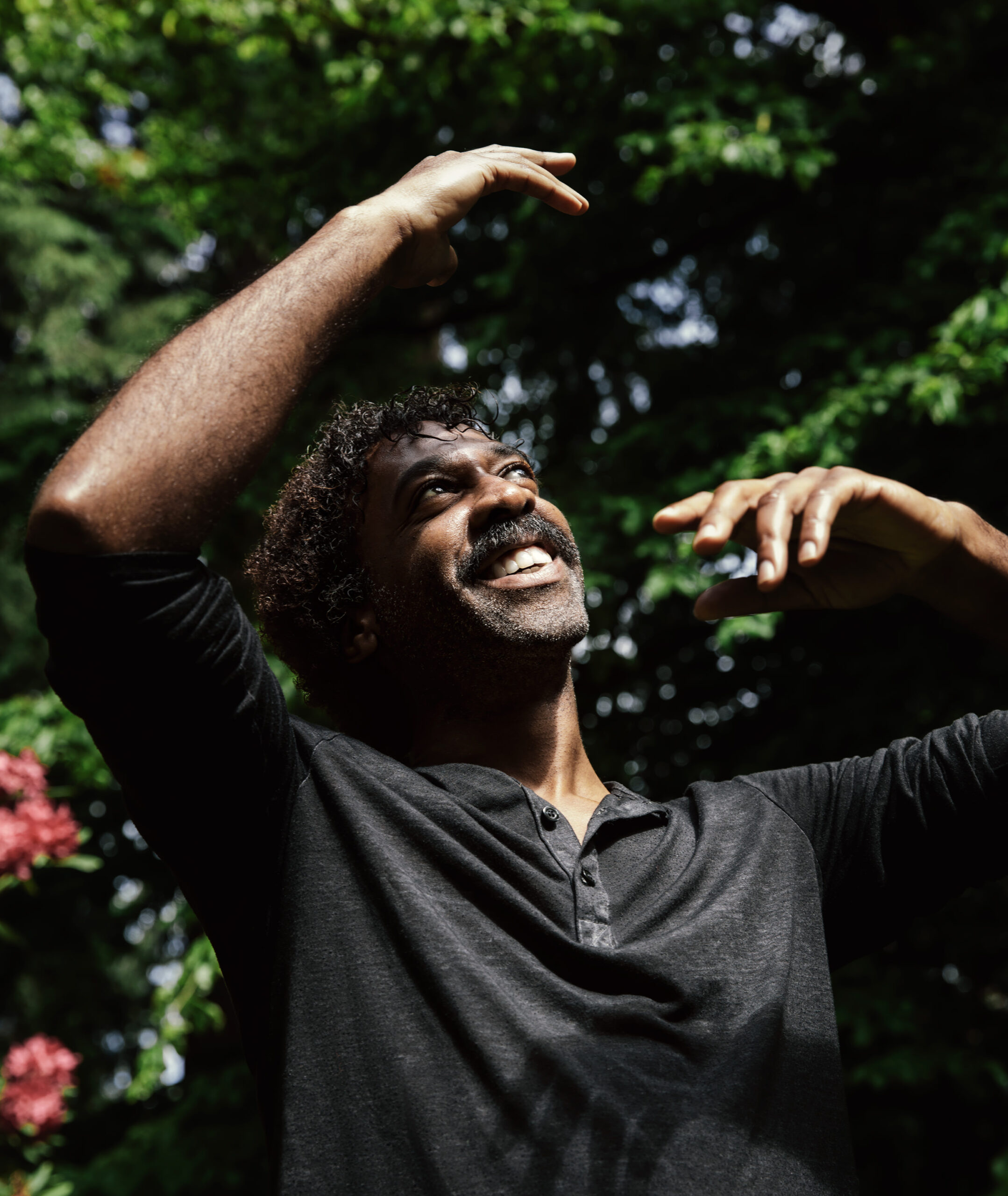
_________
Never miss a story. Sign up for NUVO’s weekly newsletter, here.

